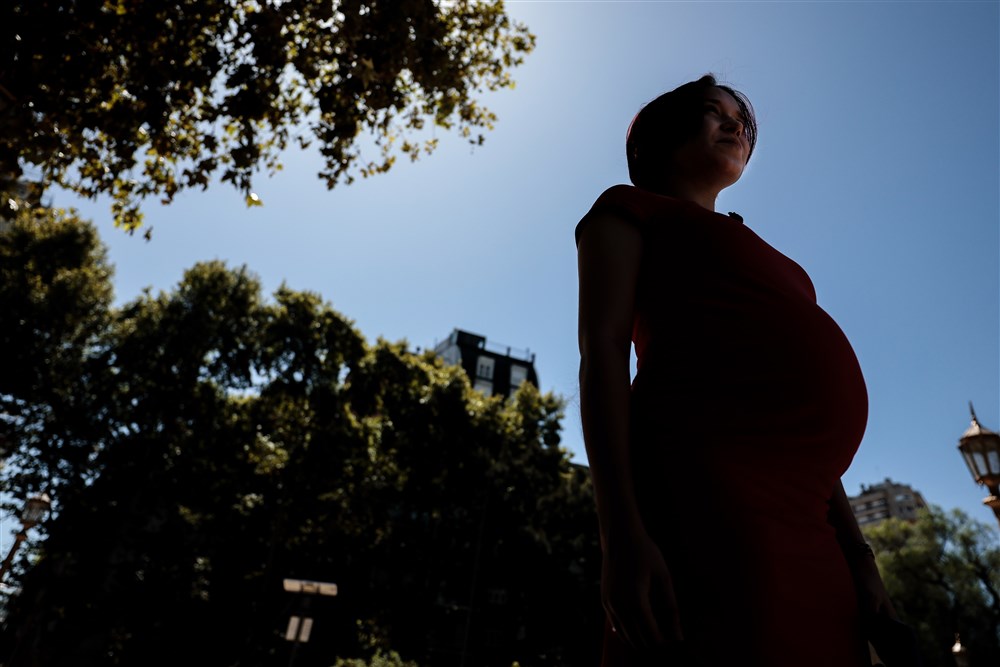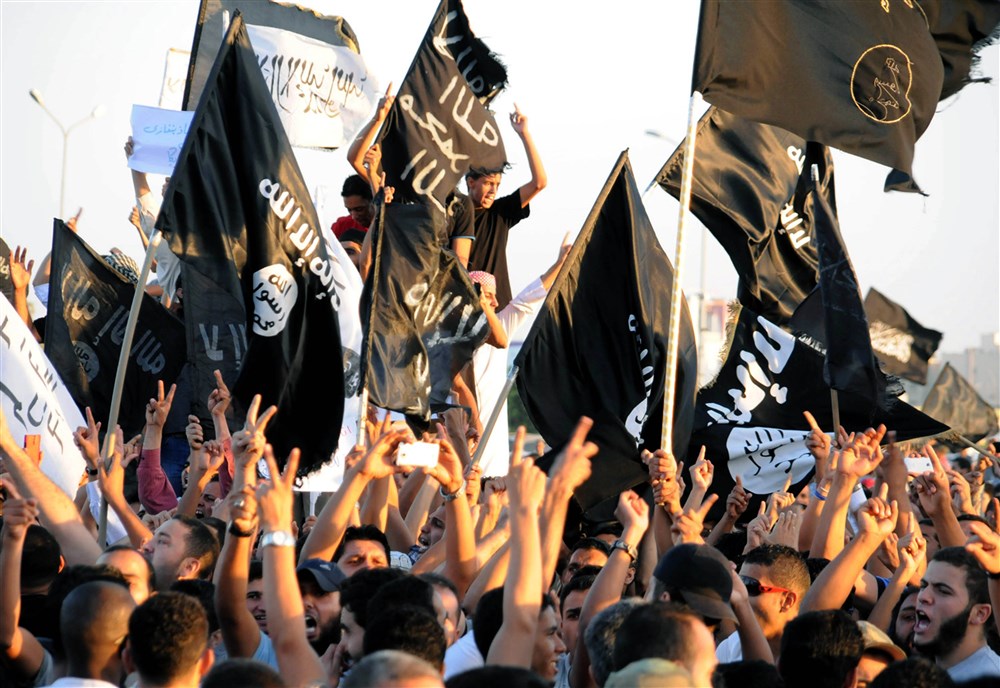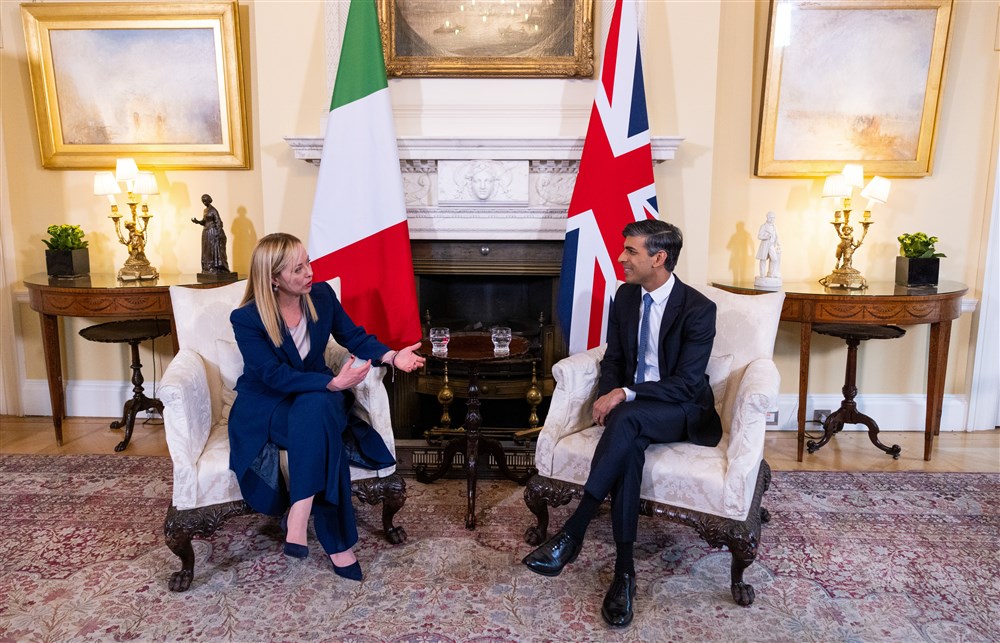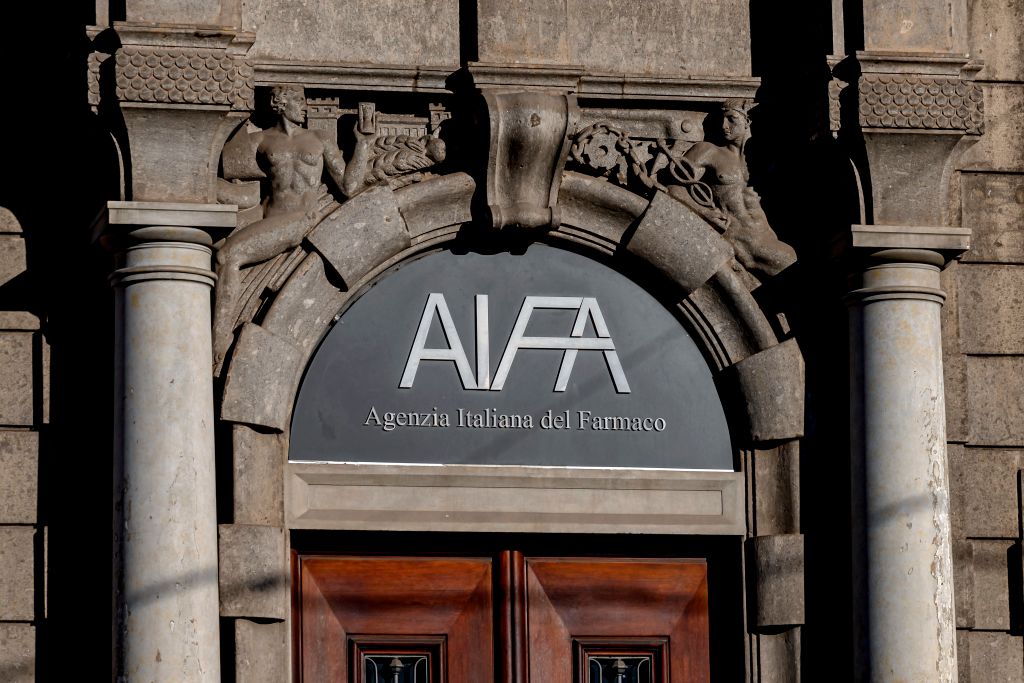A Tunisian judge on April 17 ordered the arrest of Rached Ghannouchi, the leader of Tunisia’s Islamist Ennahda party, on charges of conspiring against the state. The move is the latest crackdown by President Kais Saied on his opponents.
Ghannouchi, 81, was the speaker of the elected parliament before it was taken over in 2021 by Saied, who decided to seize control of Tunisia’s parliament, dismiss the judiciary and arrest rival politicians in what he said was an effort to end the country’s political instability, corruption and economic hardship. The Ennahda party represents a branch of the Muslim Brotherhood in Tunisia, which was illegal before 2011 under the more secular Baathist regime of Zine El-Abidine Ben Ali.
Both the US and EU supported the 2011 revolution on the grounds that it was a democratic protest, but it was followed by a rise in political Islam and Islamic extremism in Tunisia. Ghannouchi has faced judicial questioning over the past year over allegations his party supported Islamists in Syria for jihad, charges he denies.
Today, the EU has turned a blind eye to Saied’s power grab. The European Commission continues to offer economic support to Saied’s government, including disbursement of a €40 million tranche of “budget support”.
The EU relies on the political stability of Tunisia to counter mass migration and a surge in jihadist extremism and to avoid it becoming another rogue state like its neighbour, Libya. Saied says his moves are necessary to save Tunisia from plunging into chaos. He has called his opponents criminals, traitors and terrorists.
Tunisian police have detained several leading political figures who have accused Saied of usurping power by closing the parliament and rewriting the constitution to grant himself more powers, thereafter ruling by decree. The country saw protests in 2021 against police brutality, as well as economic hardship stemming from the Covid pandemic.
Saied represents a certain form of populism in North Africa: an independent social conservative who believes in traditionalist views regarding Islamic practices on homosexuality and women, and who appeals to younger voters by promising to resolve the country’s long-standing corruption and inefficient electoral system. In his foreign policy, he staunchly opposes the state of Israel, though he argues that Tunisian Jews should enjoy full rights. While the US has opposed Saied’s moves, the EU is more apprehensive of withdrawing support, despite acknowledging the anti-democratic means of Tunisia’s current government, in order to avoid antagonising another country on the other side of its shores.





